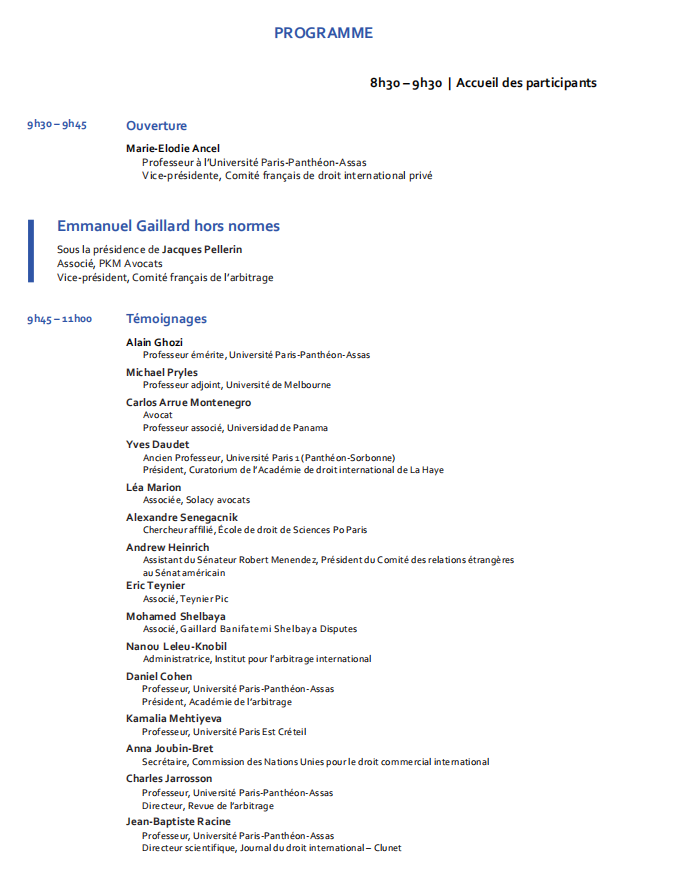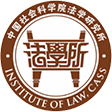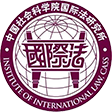 字号:
字号:小
中
大
I would like to thank the organizers for inviting me to speak at this conference paying tribute to Emmanuel Gaillard.
Any discussion of the influence of Emmanuel’s thoughts on international arbitration in China must begin with the younger generation. Many Chinese young talents have the experience of meeting Emmanuel and attending his courses at the Paris Arbitration Academy that he launched in 2011. Most of them later started a fabulous career doing international arbitration in China and beyond. I myself belong to that generation and I have been immensely influenced by Emmanuel’s thoughts. I have also benefited from Emmanuel’s personal help in my research on international arbitration.
In 2017, I had the opportunity to meet Emmanuel for the first time when he was invited to give a lecture at the Chinese Academy of Social Sciences. Since then, we kept in close touch with each other. In 2018, when I was planning to publish a book on the French legal system of international arbitration, he encouraged me to do it as soon as possible. He provided a preface to my book in which he remarked: “at a time when China is considering revising its arbitration law, it is especially important for Dr Fu to introduce to the Chinese audience the solutions provided by the French arbitration law which reflect one of the most ancient traditions in favor of arbitration.”
I also had the pleasure to translate his latest articles and make them accessible to the Chinese audience. His articles such as “The Influence of French Thoughts on International Arbitration”, and “Coordination or Chaos: Do the Principles of Comity, Lis Pendens, and Res Judicata Apply to International Arbitration?” are well received in China. In 2019, at his kind invitation, I had the privilege to work with him at the Paris office of Shearman & Sterling for three months. This experience brought me closer to him. For me, his sudden passing away was a huge personal loss.
Emmanuel Gaillard was early known to the Chinese by the treatise that he co-authored with Philippe Fouchard and Berthold Goldman. This book is widely used by Chinese college students and academics. It gives us a different perspective on international commercial arbitration from other authorities such as writings by Martin Hunter and Alan Redfern, and Jean-Francois Poudret and Sebastien Besson. In 2008, he stunned the Chinese academics by his highly influential book “Legal Philosophy of International Arbitration” which was soon translated into Chinese. Emmanuel’s thoughts enriched the Chinese academic debate on various issues in international commercial arbitration, particularly the debate on the recognition and enforcement of annulled arbitral awards. My recent comparative study of kompetenz-kompetenz under French and Chinese laws also draws heavily on his seminal research on this topic, especially the negative effect of kompetenz-kompetenz.
As a lawyer, Emmanuel Gaillard is most well-known to the Chinese arbitration practitioners for his role in the Yukos case. Chinese lawyers are not only inspired by the sheer volume involved in this case but also by his courage and determination to pursue justice regardless of any obstacles. This case also stimulated Chinese lawyers’ passion about investor-state arbitration. In this respect, Emmanuel’s intellectual heritage will be more and more felt as Chinese lawyers are playing an increasingly active role in international investment arbitration.
Now I would like to talk about Emmanuel’s influence, real as well as potential, on the Chinese legislature and judiciary. In 2018, he was appointed by the Supreme People’s Court of China as a member of its International Commercial Expert Committee. This is, of course, testimony to his influence in China. But I would like to expand a little bit on it.
In China, arbitration has a complicated relationship with public power and it is highly institutional. Chinese arbitration law currently only permits institutional arbitration. In particular, it is the law of the place in which the arbitration institution is situated rather than the law of the seat that determines important aspects of the arbitration, including the validity of the arbitration agreement, the nationality of the arbitral awards. The enlightenment of Emmanuel's thoughts for Chinese legislators is that even if it is not likely for China to accept the approach Emmanuel advocated in freeing international arbitration from any national legal order, it is at least necessary for China to consider international legal instruments, particularly the UNCITRAL model law when revising its arbitration law. As we know, Emmanuel had a very high opinion of UNCITRAL’s efforts in harmonizing international legal framework for dispute resolution. It is good to know that, by being exposed to the works of leading international arbitration thinkers such as Emmanuel Gaillard, the Chinese judiciary has in recent years made important strides towards making arbitration in China more compatible with international practice.
Lastly, I would like to conclude by referring to Chinese Supreme People’s Court’s letter paying tribute to Emmanuel Gaillard. It says “Emmanuel Gaillard has left us with a huge amount of valuable academic and practice heritage. His significant contribution to the Chinese theory and practice of international commercial arbitration will be always remembered.”
Thank you all for your attention.
本文系中国社会科学院国际法研究所傅攀峰助理研究员应邀于2022年4月15日“盖拉德教授国际仲裁学术思想研讨会”上的线上发言。此次会议由国际法协会法国分会、法国仲裁法学会、法国国际私法学会、法国比较法学会与国际仲裁研究院联合主办,会议在巴黎索邦大学举行,参会嘉宾来自全球各地,包括众多知名法学教授、国际仲裁员与国际组织代表,如Pierre Mayer、Gabrielle Kaufmann-Kohler、Michael Pryles、Anna Joubin-Bret与Christoph Schreuer。


伊曼纽尔•盖拉德(Emmanuel Gaillard, 1952-2021)是著名国际仲裁法学家,巴黎政治大学教授,曾应邀于2017年与2019年两度来中国社会科学院国际法研究所交流与讲座。2021年,盖拉德教授不幸去世。



